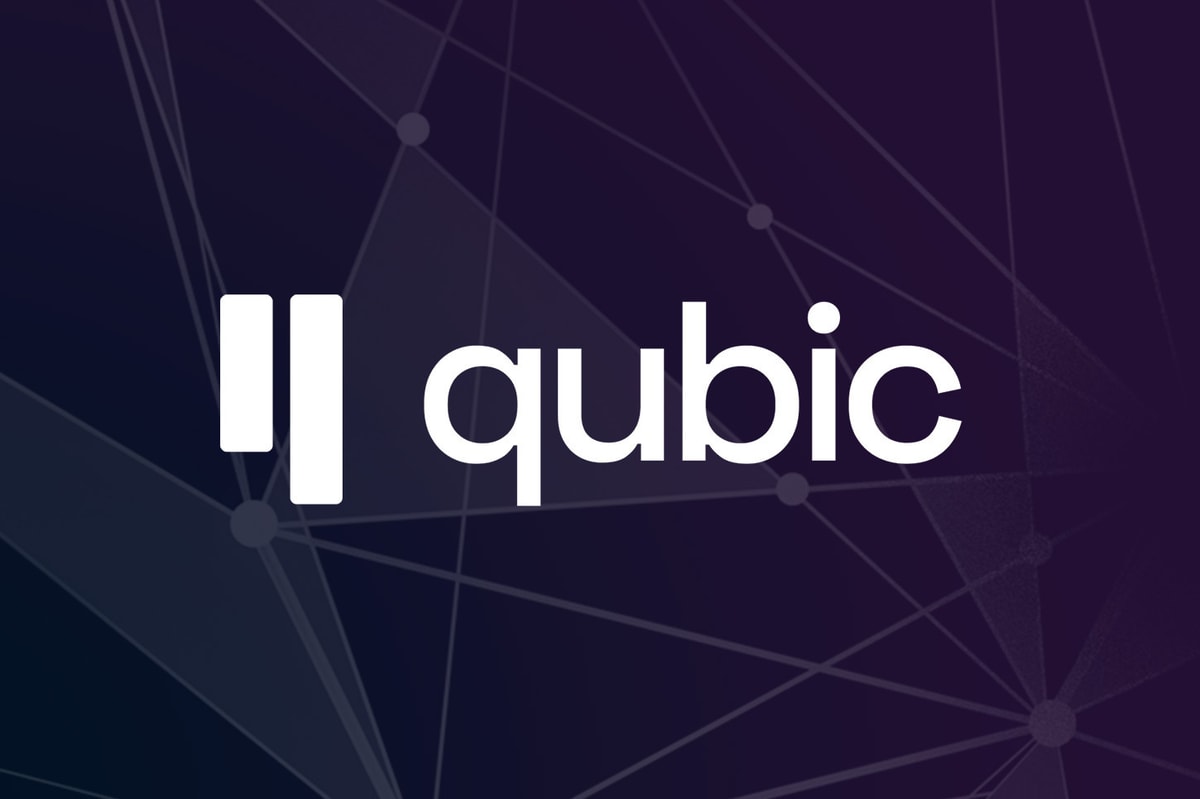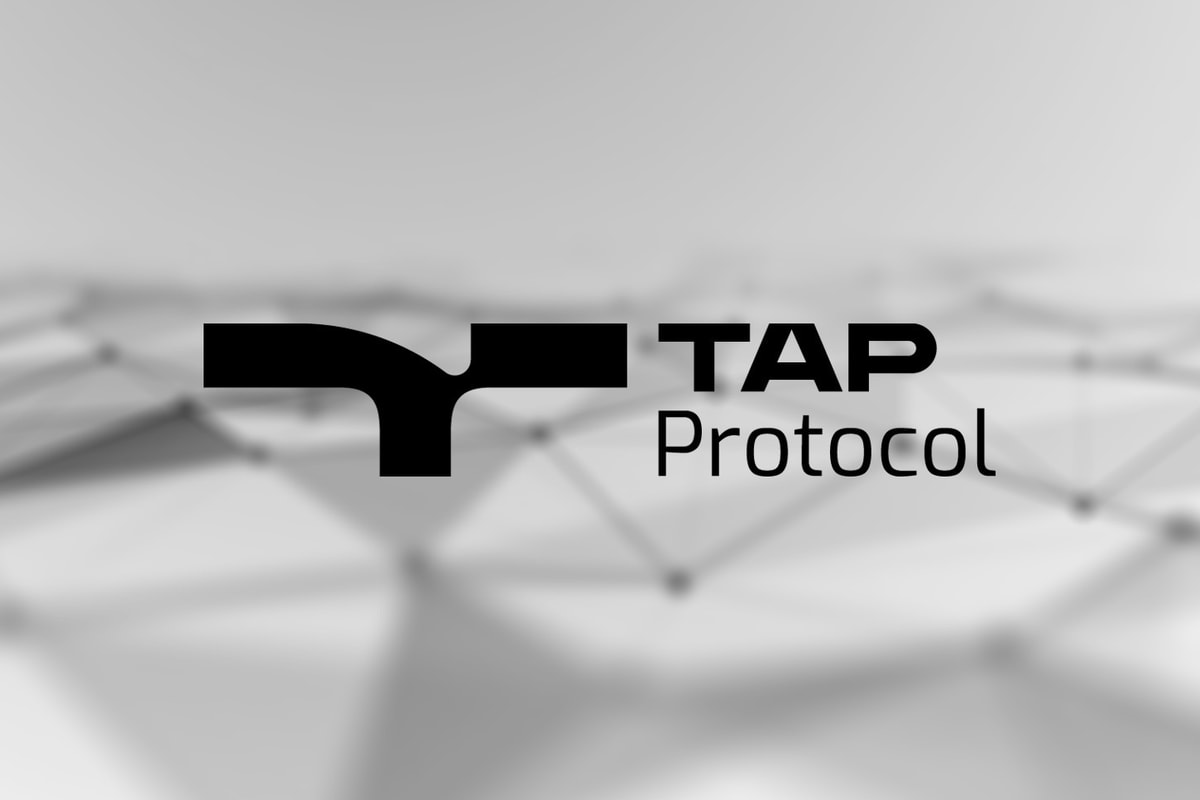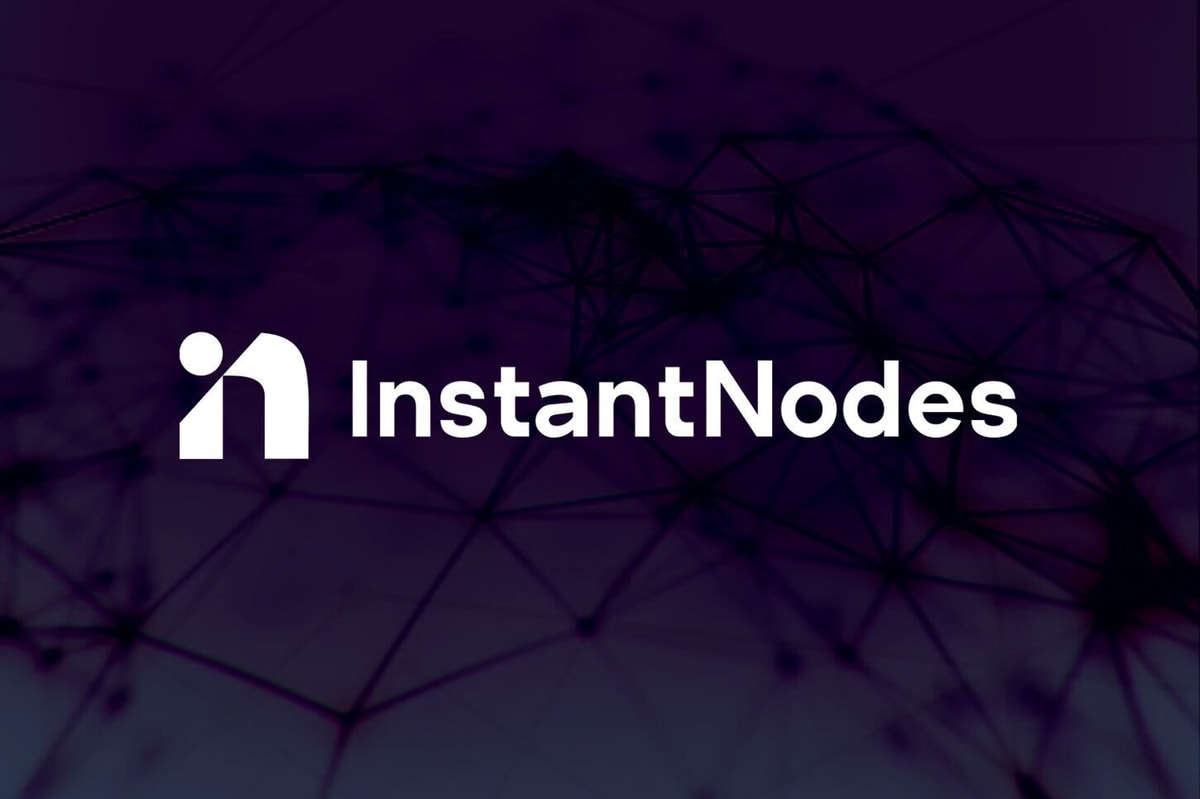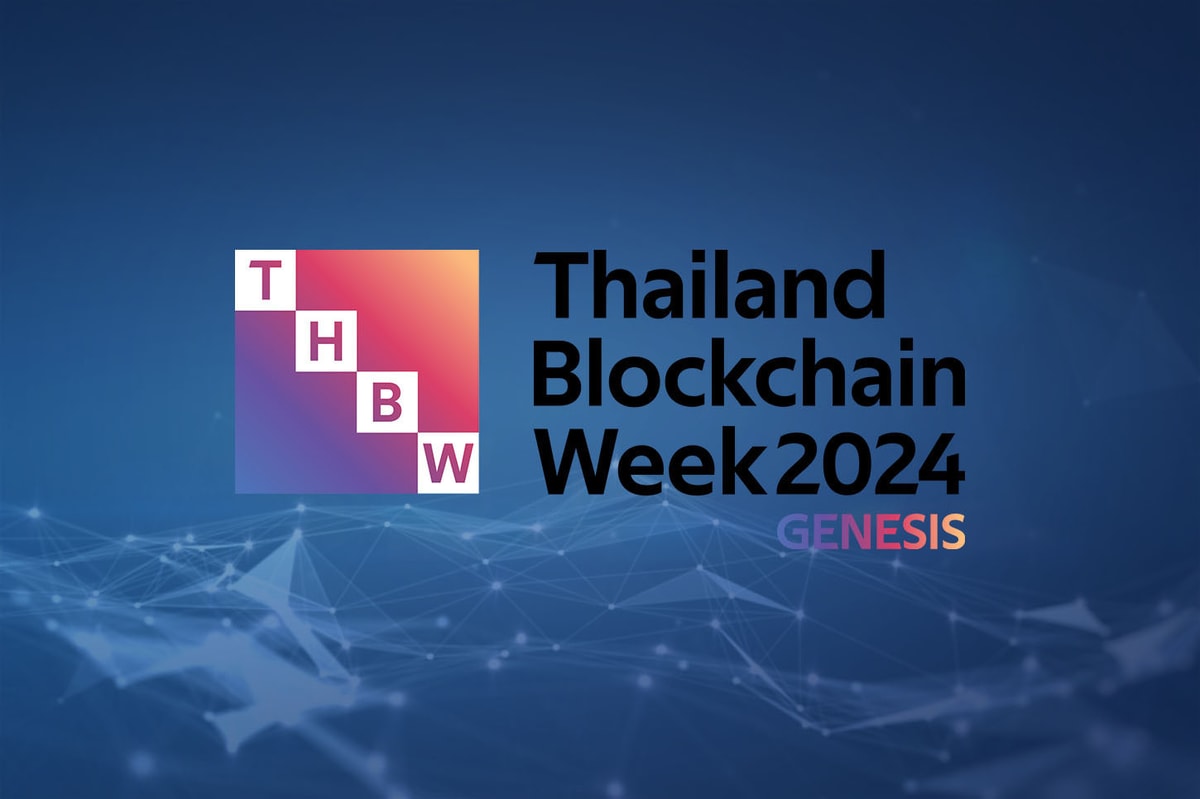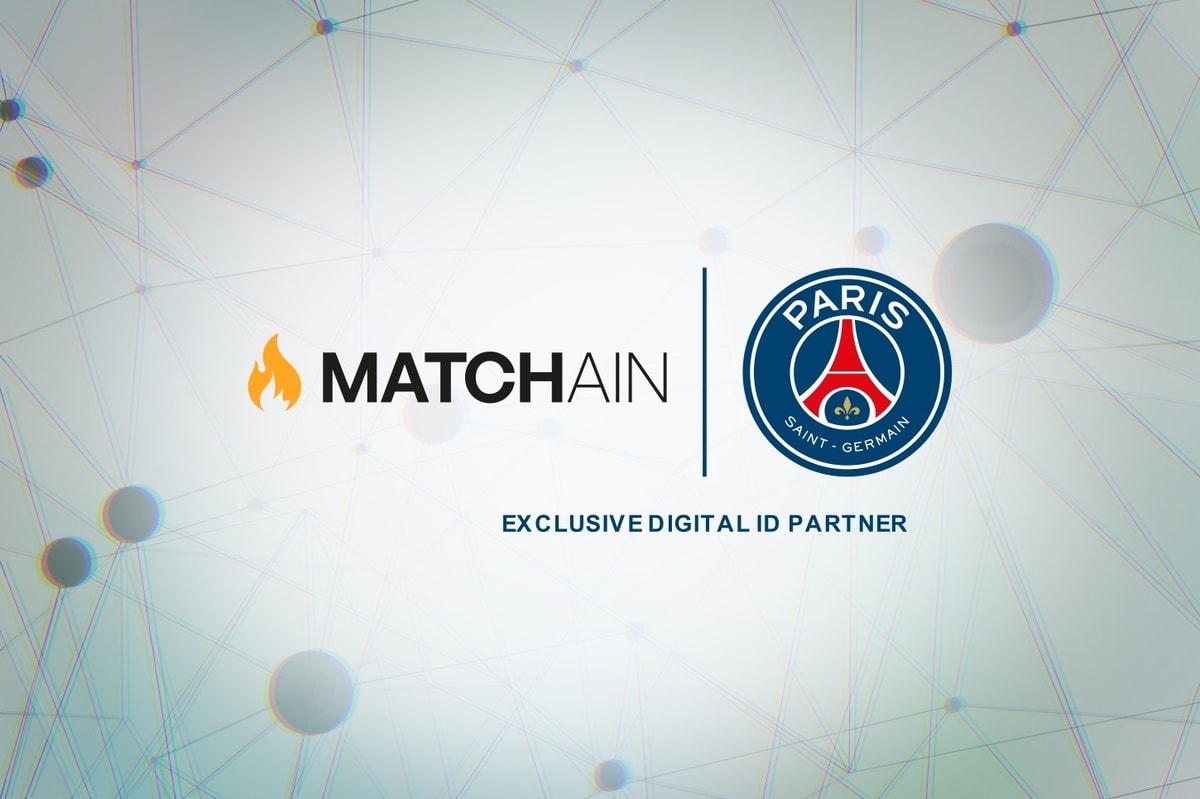
Last month, Qubic, an ultra-performance project built on a brand-new architecture, has successfully restructured its tokenomics. Interestingly, this was not achieved through a fork or other conventional methods of modifying the underlying code. Instead, it was accomplished through its unique quorum-consensus mechanism and smart contracts, showcasing the powerful and flexible nature of its architecture.
Originally, the total supply was set at 1,000 trillion, with a weekly output of 1 trillion. Due to strong demands from the community and miners, a collective discussion was held, leading to the decision to adjust the total supply to 200 trillion and adopt a Bitcoin-like halving mechanism. All adjustments were implemented via smart contracts.

Excitingly, according to social media posts from its founder, CFB, another interesting idea is set to be implemented soon. This concept allow the need to vote on how to flexibly allocate the network's total computational power and sell it on the market. The funds generated from these sales will be used for public buybacks of Qubic tokens. Public information reveals that Qubic has the sixth-largest collective computational power globally, with a total power of 7.26m it/s. If half of this power is sold, it could generate 20M$ monthly in revenue.

Qubic is a decentralized open-source PoW project launched in early 2022 by CFB, a visionary with exceptional engineering execution capabilities. Its design takes into account the ecological development of the future AI world. Unlike other blockchain projects, Qubic features a completely new design that is neither blockchain-based nor DAG-based. It can tentatively be referred to as Block-tick. It genuinely addresses the blockchain trilemma, laying the foundation for the widespread adoption of industry applications.
Here are some highlights of Qubic
- A new consensus mechanism called Quorum, consisting of 676 Computor nodes connected to hundreds of thousands of miners. All decisions are made by Quorum proposals and voting
- True Finality
- Offline Payment verification
- Feeless Transactions: Both Qubic tokens and its ecosystem tokens can be transferred freely and without cost. Its decentralized exchange smart contracts support free order placement and cancellation, as well as the ability to airdrop millions of addresses within seconds for free
- Smart Contracts running directly on bare metal (NO OS) in C++: Super secure and super fast. In recent mainnet testing in a real environment, performance reached 55 million transfers per second, with theoretical potential reaching hundreds of millions.(https://qubic.org/blog-detail/qubic-achieves-over-55-million-transfers-per-second-f or-smart-contract-executions)
- 1M TPS in theory, now thousands
- Oracle
- True Decentralized VRF
- Aigarth, a true AI project on top, which aims to achieve AGI, not in the LLM direction
Currently, aside from Aigarth, which is still under development, most of the other features have already been implemented, and The infrastructure and developer environment are also continuously improving. Additionally, there is strong encouragement and support for the growth of ecosystem projects, about thirty projects have applied for the first batch of grant funding.


